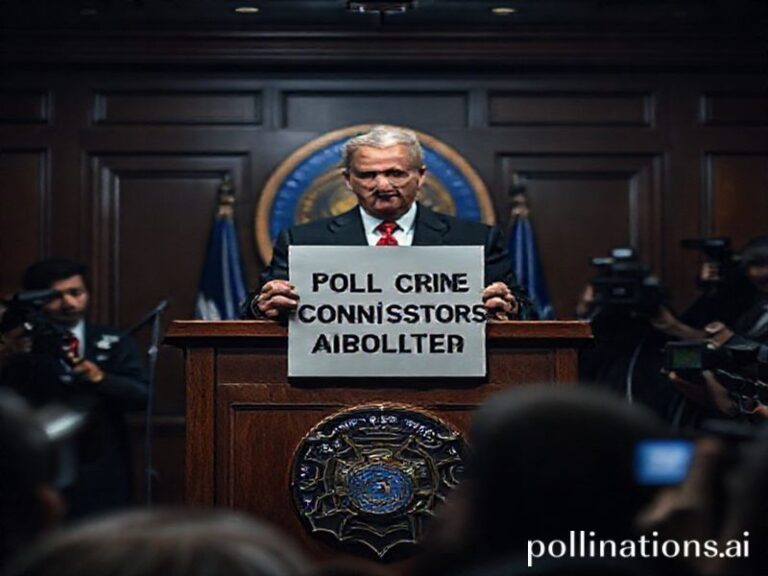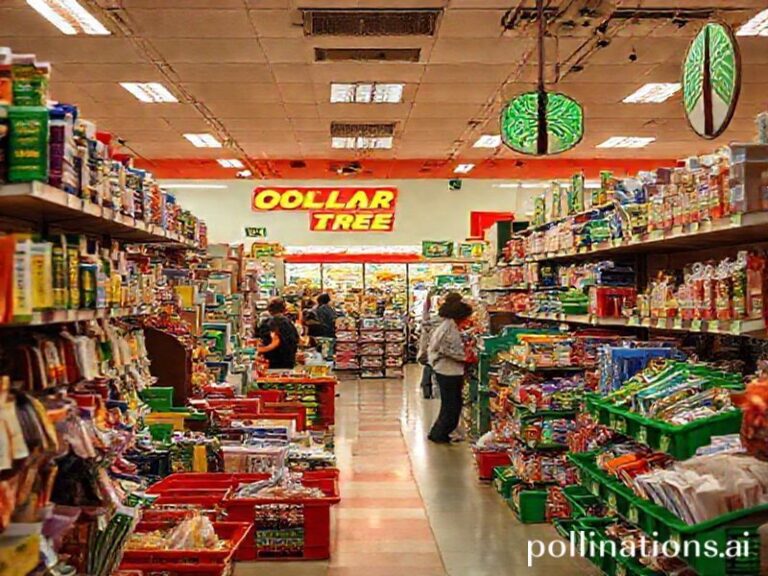Monmouthshire: The Tiny County Teaching the World How to Stay Undecided Forever
Monmouthshire: The Little County That Couldn’t Quite Decide Which Country It’s In
By the time you finish this sentence, a Silicon Valley startup will have rebranded itself three times, Beijing will have built another island, and Monmouthshire will still be quietly arguing with itself about whether it belongs to Wales, England, or some liminal car-park between the two. To the wider world, it is a cartographical footnote—roughly the size of Austin, Texas, minus the breakfast tacos and self-importance. To students of geopolitics, however, Monmouthshire offers a masterclass in how borders are less about rivers and ridges and more about paperwork and passive-aggressive signage.
For the uninitiated, Monmouthshire sits in the crook of the River Wye like a sleepy cat that refuses to acknowledge either lap it’s sprawled across. Officially, it has been “in Wales” since 1974, but its postcodes still smell faintly of Gloucestershire, and half the locals drive cars with Union Jacks on the plates while humming Tom Jones. This duality delights international observers who assume the United Kingdom is already complicated enough. Imagine Taiwan with sheep and you’re halfway there.
The county’s identity crisis is more than local colour; it’s a case study for every borderland from Kashmir to Catalonia. When the Senedd in Cardiff Bay passes a law, Monmouthshire obeys with the enthusiasm of a teenager asked to tidy their room. When Westminster dangles infrastructure cash, the same councillors suddenly remember they have “historical links” to the Marches. Analysts at the European Commission used to cite Monmouthshire as evidence that devolution works—right up until Brexit, when the county voted 55 percent Leave, presumably to keep its options open like a polyamorous pensioner.
Globally, Monmouthshire’s significance lies not in what it is, but in what it refuses to be. In an era when nations weaponise passports and algorithmic visas, the county persists as a gentle protest against digital certainty. Google Maps colours it Welsh; Apple Maps hedges its bets; Huawei’s GPS gives up entirely and shows a loading icon. The United Nations, busy with larger atrocities, has never sent a peacekeeping force—though Unesco did list the Tintern Abbey ruins as a World Heritage Site, mainly because the committee fancied a pint in nearby Chepstow.
Economically, Monmouthshire punches slightly above its weight, which is to say it’s a bantamweight with delusions of middleweight. Its vineyards—yes, vineyards, climate change being the gift that keeps on giving—now export sparkling wine to Hong Kong and Singapore, where the label “Welsh Champagne” is marketed as ironic luxury. Meanwhile, cyber-security firms have colonised old market towns because nothing says “cutting-edge” like a server farm in a converted cattle shed. Locals mutter that the only thing standing between them and an Amazon HQ is the county’s inability to decide on an official language for the welcome sign.
Culturally, Monmouthshire is where the British penchant for nostalgia curdles into something darker. Every August, re-enactors gather to refight the Battle of Agincourt, blissfully ignoring the fact that the original took place 400 miles away in France. Tourists lap it up, posting Instagram reels captioned “#MedievalVibes” while nursing £7 flat whites. The county council, ever the pragmatist, recently floated a proposal to monetise confusion itself: a dual-currency scheme featuring Welsh dragons on one side and the late Queen on the other. The Bank of England responded with the bureaucratic equivalent of a raised eyebrow.
And yet, for all its indecision, Monmouthshire endures as a reminder that the world is stitched together not by grand narratives but by frayed seams. While superpowers argue over semiconductor sanctions, this green sliver of Britain carries on negotiating with itself, one hedgerow at a time. If the 21st century has taught us anything, it’s that ambiguity can be a survival strategy; in which case, Monmouthshire may outlast us all—assuming it ever figures out which passport queue to join.







